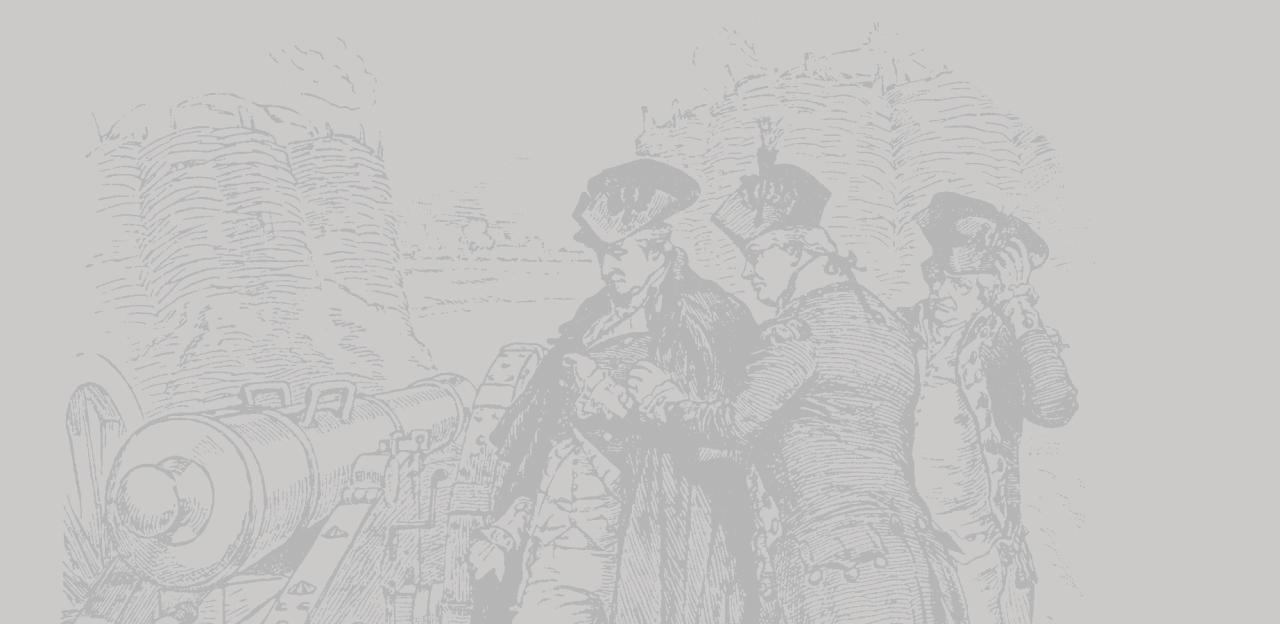Christopher Greene: "To Any Soldier Enlisting Into...Service"

Christopher Greene commanded the 1st Rhode Island Regiment and fought for independence during the Revolutionary War. In 1778, this proclamation provided details for the enlistment of enslaved men who would be granted their freedom in change for their military service. These new recruits would join Colonel Greene's regiment and he is mentioned by name in this document.
Whereas, for the preservation of the rights and liberties of the United States, it is necessary that the whole powers of government should be exerted in recruiting the Continental battalions; and whereas his Excellency, Gen'l Washington, hath enclosed to this state a proposal made to him by Brigadier General Varnum, to enlist into the two battalions, raising by this state, such slaves as should be willing to enter into the service; and whereas history affords us frequent precedents of the wisest, the freest and bravest nations having liberated their slaves, and enlisted them as soldiers, to fight in defence of their country; and also whereas the enemy, with a great force have taken possession of the Capital, and of a great part of this state, and this state is obliged to raise a very considerable number of troops, for its own immediate defence, whereby it is in a manner rendered impossible for this state to furnish recruits for the said two battalions, without adopting the said measure so recommended.
It is voted and resolved, that every able bodied negro, mulatto, or Indian man slave in this state, may enlist into either of the said two battalions, to serve during the continuance of the present war with Great Britain; that every slave so enlisting, shall be entitled to, and receive all the bounties, wages, and encouragements, allowed by the Continental Congress, to any soldier enlisting into their service. It is further voted and resolved, that every slave so enlisting, shall upon his passing muster before Col. Christopher Greene, be immediately discharged from the service of his master or mistress, and be absolutely Free, as though he had never been incumbered with any kind of servitude or slavery; and in case such slave shall by sickness or otherwise, be rendered unable to maintain himself, he shall not be chargeable to his master or mistress, but shall be supported at the expense of the state.
And whereas, slaves have been by the laws, deemed the property of their owners; and therefore compensation ought to be made to the owners for the loss of their service; it is further voted and resolved, that there be allowed and paid by this state to the owner, for every such slave so enlisting, a sum according to his worth, at the price not exceeding one hundred and twenty pounds, for the most valuable slave; and in proportion for a slave of less value, provided, the owner of such slave shall deliver up to the officer, who shall enlist him, the clothes of the said slave, or otherwise, he shall not be entitled to said sum.
And for settling and ascertaining the value of such slaves, it is further voted and resolved, that a committee of five be appointed, to wit: one from each county, any three of whom to be a quorum, to examine the slaves who shall be so enlisted, after they shall passed muster, and to set a price upon each slave according to his value as aforesaid.
It is further voted and resolved, that upon any able bodied negro, mulatto, or Indian slave, enlisting as aforesaid, the officer who shall so enlist him, after he shall have passed muster as aforesaid, shall deliver a certificate thereof to the master or mistress of said negro, mulatto, or Indian slave, which shall discharge him from the service of his said master or mistress as aforesaid.
It is further voted and resolved, that the committee who shall estimate the value of any slave as aforesaid, shall give a certificate of the sum at which he may be valued to the owner of said slave; and the general Treasurer of this state, is hereby empowered and directed to give unto the said owner of said slave, his promissory note as Treasurer aforesaid, for the sum of money at which he shall be valued as aforesaid, payable on demand with interest, at the rate of six per center per annum, and that said notes which shall be given, shall be paid with the money of this state, and is expected from Congress; the money which has been borrowed out of the General Treasury, by this Assembly, being first replaced.
Source:
Spirit of '76 in Rhode Island by Benjamin Cowell, published in 1850, pages 160-161.

